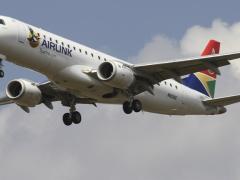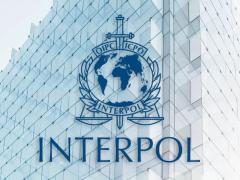PRIVATISATION OF Spoornet is no longer a question of if but rather of when and how.
C.e.o. Braam le Roux says the first step will be taken on the Metro side. We've fenced the Metro off. It has a contract with the SA Railway Corporation to operate the trains and will probably shift out of Spoornet into Transnet. This is in line with the normal unbundling process and makes good business sense in Le Roux's view. The Metro business philosophy is different from the freight business philosophy.
The one side wants to satisfy customer needs with as little money as possible, while on the freight side you're chasing profit in a very competitive field. Possible scenarios On the freight side, there are several possible privatisation scenarios which could be considered.
The first would be to find an equity partner for Spoornet or Spoornet may in the future become a very attractive candidate for share flotation. On the concept of Spoornet operating the infrastructure and giving out the operations to private enterprise, Le Roux is not supportive.
It's a very interesting concept, but normally it is done in a country where the railways need subsidisation. The government, as they've just done in France, takes responsibility for infrastructure and charges a user fee to the operating company. In France both these organisation sets are government institutions. Le Roux sees a problem with this philosophy which maintains that private industry will do the job better. The question that begs answering is if private industry would do it better, why would they do it better - and the answer is because they have choices.
So if you have a single infrastructure that will bid out the prime spots to more than one operator, he has a choice to give that spot to the highest bidder.
The operator doesn't have a choice in the reverse direction which means that the balance of private industry operation is missing. In the end the choice is one-way which leads to what's happened in Sweden where the cost of the infrastructure company exceeded the inflation rate and the cost of the operating company did not. Le Roux further points out that as a parastatal, Spoornet has always been expected to act for public good. This is even though in the freight section of Spoornet there is not one cent of taxpayers' money.
Either it's been loans to the treasury or German bank loans.
In a private enterprise situation you're expected to act for the good of capital and this is the challenge.
The World Bank in Africa requires, in any railway privatisation, that the majority of the shareholding should be in the hands of a pure investor.
You then know that he will drive it to keep the cost as low as possible and the profit as high as possible.












